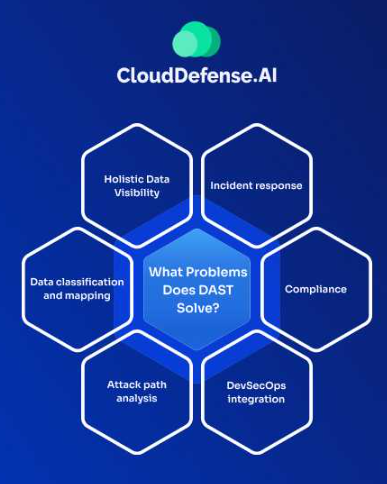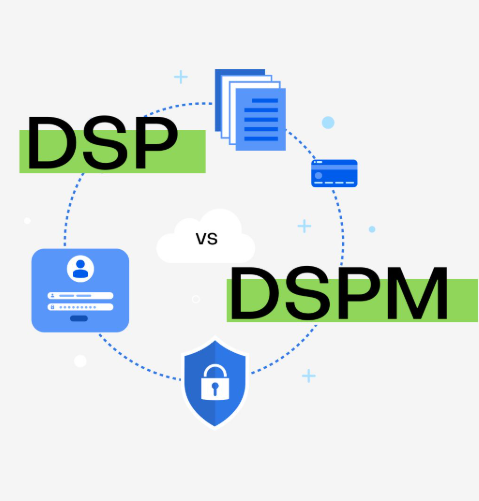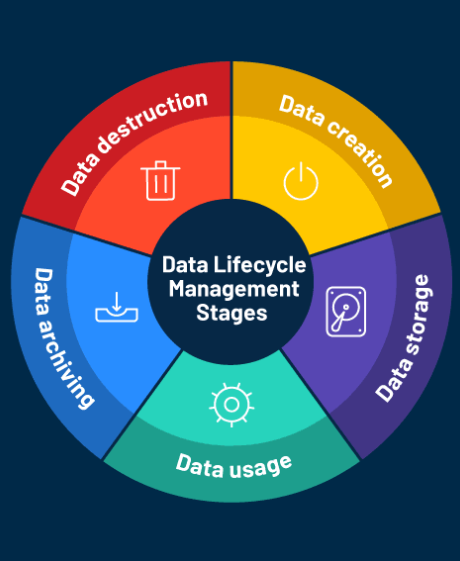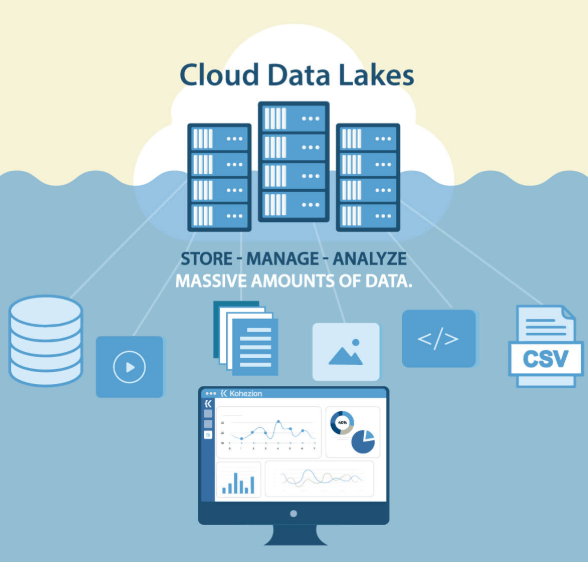
In today’s data-driven world, organizations often focus on the sheer volume of unstructured data they handle. However, the potential risk tied to this data is far more significant than its size. Understanding the sensitivity of your unstructured data is key, even if the quantity of data you manage is relatively small. In this blog, we’ll explore why the quality of your unstructured data matters more than the quantity, the importance of effective data management solutions, and how AI can play a role in securing your valuable data assets.
What is Unstructured Data?
Unstructured data refers to any data that doesn’t fit into a traditional data model or structure. It includes various types of information such as emails, social media posts, multimedia files, and documents. Even though organizations may not always handle massive amounts of unstructured data, it often contains highly sensitive information, such as personally identifiable information (PII), proprietary business data, and trade secrets.
Why Quality Trumps Quantity
When considering data security, the quality of the data exposed is much more critical than the quantity. A breach involving a small amount of sensitive data can have far-reaching consequences. For example, if a company with limited unstructured data experiences a breach that exposes confidential customer information, such as credit card details, the impact can be severe—leading to financial loss, reputational damage, and legal liabilities.
On the other hand, an organization that handles large amounts of unstructured data that lacks critical sensitivity may face less severe consequences in the event of a breach. This highlights the importance of evaluating not just the amount of unstructured data an organization manages, but also the type of data that is at the highest risk.
The Need for Unstructured Data Management Solutions
Even if your organization doesn’t manage vast quantities of unstructured data, having an effective management solution in place is crucial. These solutions can help you categorize, manage, and secure your data properly. The key benefits of such solutions include:
Improved Data Visibility: Proper management tools help you pinpoint where sensitive data resides, making it easier to apply security measures and protect critical assets.
Risk Mitigation: Understanding the nature of your data allows you to focus on the most vulnerable areas and allocate resources accordingly, effectively minimizing risks.
Regulatory Compliance: Many industries are subject to strict regulations regarding data protection. Data management solutions can help ensure compliance, protecting your organization from potential fines and legal consequences.
Effective Incident Response: In case of a breach, a well-structured data management approach allows for quicker responses, minimizing potential damage and recovery time.
Challenges of Unstructured Data in AI Deployment
As organizations increasingly rely on artificial intelligence (AI), unstructured data containing sensitive information presents certain challenges. Although AI thrives on large datasets, the lack of structure in this data can complicate integration.
Key Concerns:
Data Privacy and Compliance: Unstructured data may contain sensitive information such as social security numbers or medical records. Using unfiltered data for AI model training could lead to violations of regulations such as GDPR or HIPAA, which can result in hefty penalties.
Quality of AI Insights: AI insights depend on the quality of the data fed into the system. Unstructured data requires extensive preprocessing, which takes up valuable time and resources. There’s also the risk of introducing biases if sensitive data isn’t properly managed before being fed into the model.
To overcome these challenges, organizations should prioritize robust unstructured data management solutions that can identify and protect sensitive information. This approach ensures compliance while unlocking the full potential of AI.
Conclusion
In a world where data is a crucial asset, organizations should focus not just on how much unstructured data they possess but also on the sensitivity of that data. Even a small amount of sensitive information can lead to severe consequences if compromised. By investing in unstructured data management solutions and leveraging AI, businesses can secure their most valuable data—regardless of the volume they handle.
Ultimately, prioritizing data quality over quantity is essential for ensuring data security in today’s complex digital landscape. With the right tools and strategies, organizations can effectively safeguard their information and remain resilient against ever-evolving security threats.

































































